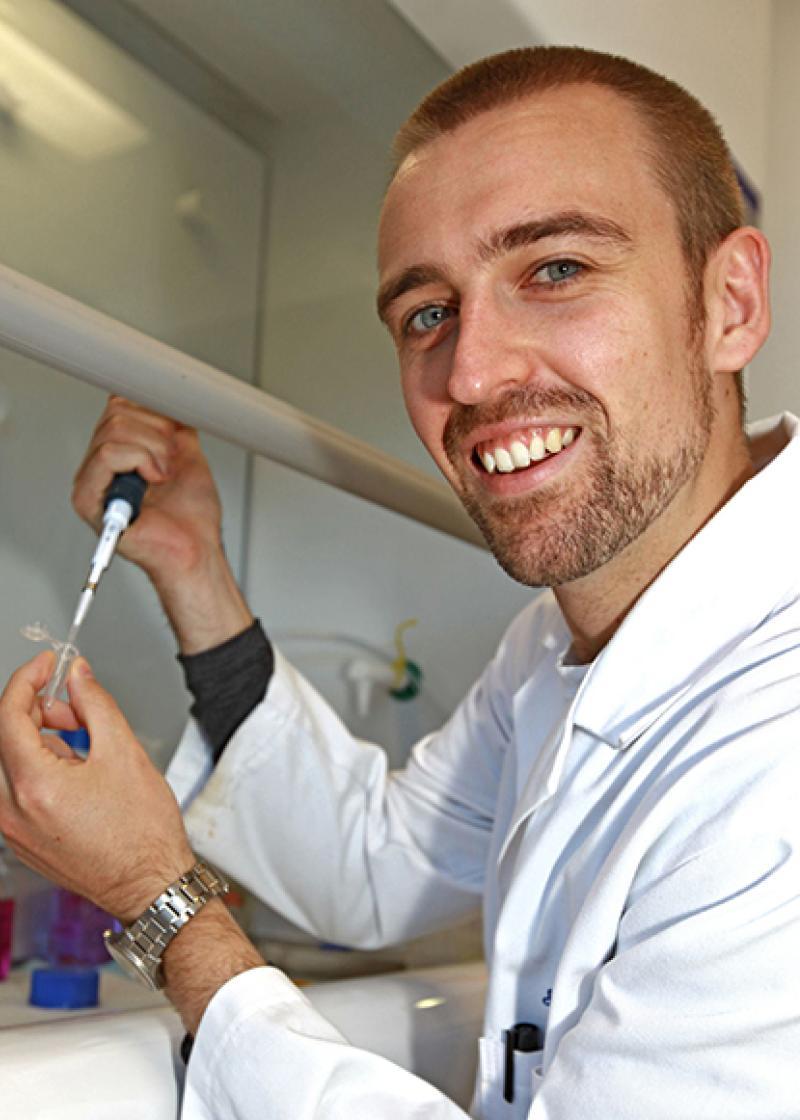Scott Ayton
Investigating how presenilin causes neurodegeneration in Alzheimer’s disease

Award
Dementia Australia Research Foundation Project Grant
Status
Completed
Start Date
1 March 2019
About the project
There are some people who get an inherited form of Alzheimer’s disease because of errors in certain genes. The reason for this is not certain. Using brain cells that are grown in a dish, we have made them express these genes containing errors. We have shown that these genes impact on vulnerability for a certain type of cellular death. These discoveries introduce new possibilities for therapies to treat Alzheimer’s disease.
Publications and presentations resulting from award
Greenough MA, Lane DJR, Balez R, Targa H, Anastacio D, Zeng Z, Ganio K, McDevitt CA, Acevedo K, Belaidi AA, Koistinaho J, Ooi L, Ayton S*, Bush AI* (co-corresponding author). Selective ferroptosis vulnerability due to familial Alzheimer’s disease presenilin mutations. Cell Death and Differentiation. 2022; 29(11):2123-2136 doi:10.1038/s41418-022-01003-1
Where are they now?
At the time of award, Dr Ayton was a National Health and Medical Research Council – R.D. Wright Career Development Fellow, Deputy Director of the Melbourne Dementia Research Centre and Head of the Translational Neurodegeneration Laboratory at the Florey Institute of Neuroscience and Mental Health, University of Melbourne.
Scott is now a Professor at the University of Melbourne, an NHMRC Leadership Fellow (L1), Director of the NHRMC Centre of Research Excellence in Enhanced Dementia Diagnosis, Research Lead of the Florey Dementia Mission, and Head of the Translational Neurodegeneration Laboratory at the Florey Institute.
